University of Coimbra-Centre for Social Studies, PT
Founded in 1978, the Centre for Social Studies (CES) is a scientific institution of the University of Coimbra devoted to research and advanced training in the area of the social sciences and humanities. CES’s transdisciplinary thematic line on Urban Cultures, Sociabilities and Participation, the focal point for CES involvement in this project, brings together researchers from architecture, art, sociology, museology, urbanism, history, communication, literature, and cultural policy, among other disciplines.
Key personnel
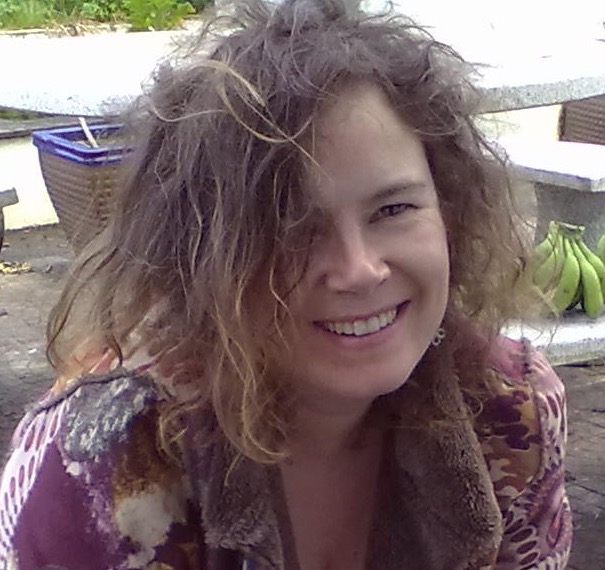
Nancy Duxbury (PhD) is a Senior Researcher and Co-coordinator of the Cities, Cultures and Architecture Research Group at the Centre for Social Studies, University of Coimbra (Portugal) and a member of the European Expert Network on Culture. She is the Principal Investigator of CREATOUR (2016-2020), a national research-and-application project that aims to catalyze and develop creative tourism for community benefit in small cities and rural areas across four regions of Portugal. Other research has examined culture in local sustainable development; culture-based development models in smaller communities; and cultural mapping, which bridges academic inquiry, community practice, and artistic approaches to understand and articulate place-based meanings, heritages, and attachments. She is also an Adjunct Professor of the School of Communication, Simon Fraser University, and of the Department of Journalism, Communication, and New Media, Thompson Rivers University, both in Canada. Selected publications: Cultural Mapping as Cultural Inquiry (Routledge 2015), Culture and Sustainability in European Cities: Imagining Europolis (Routledge 2015), and A Research Agenda for Creative Tourism (Edward Elgar Publishing, 2019).
Link to online CV: https://www.ces.uc.pt/en/ces/pessoas/investigadoras-es/nancy-duxbury
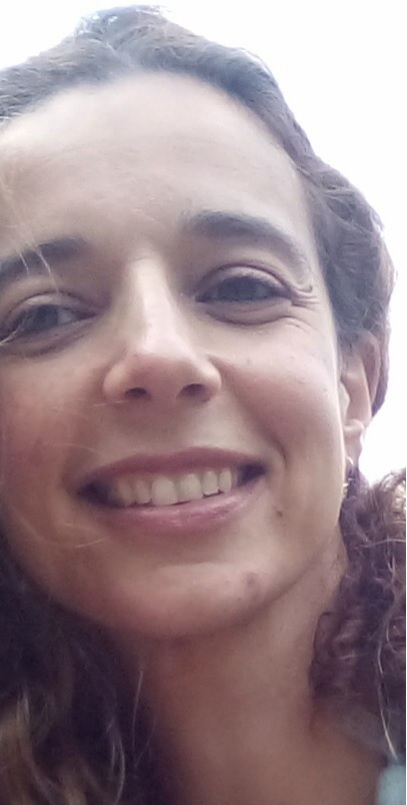
Claudia Pato Carvalho (PhD) is a permanent researcher at the Centre for Social Studies of the University of Coimbra under the Rede Arteria project (operation no. CENTRO-07-2114-FEDER-000022, Portugal 2020). Arteria is an action-research project, coordinated by O Teatrão (a professional theatre company from Coimbra) that aims to develop a cultural programming network in the Centro Region (Portugal) and create artistic intervention projects in eight cities of this Region. She completed her PhD in Sociology, with a specialization in Sociology of Culture, Knowledge and Communication, at the Faculty of Economics of the University of Coimbra, in collaboration with the Center for Reflective Community Practice (DUSP, MIT). Between 2010 and 2018, she established a European network in the field of arts education and disadvantaged communities, with several projects approved under the Youth in Action Program and ERASMUS+. She is also a member of the coordinating CES research team of the project CREATOUR: Creative Tourism Destination Development in Small Cities and Rural Areas.
Link to online CV: https://www.ces.uc.pt/en/ces/pessoas/investigadoras-es/claudia-pato-de-carvalho
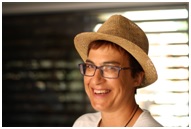
Paula Abreu PhD in Sociology from the University of Coimbra. She is Assistant Professor at the Faculty of Economics, University of Coimbra (FEUC), where she teaches and coordinates the Master in Sociology. She is also co-coordinator of the doctoral program on Discourses: Culture, History and Society, resulting from a partnership between the Faculty of Economics, the Faculty of Arts and Humanities and the Center for Social Studies, at the University of Coimbra. She is a researcher at the Centre for Social Studies, University of Coimbra (CES-UC) integrating the Cities, Cultures and Architecture research group. In this context, she is currently a researcher on the Diagnostic Study on Cultural Participation in Coimbra (funded by Coimbra City Council). Her research has focused on the fields of culture, namely on the habits and cultural practices of the Portuguese, cultural policies, the activity of reference institutions in the local and national artistic and cultural spheres and on the cultural industries, in particular, the phonographic industry in Portugal.
Link to online CV:https://www.ces.uc.pt/en/ces/pessoas/investigadoras-es/paula-abreu
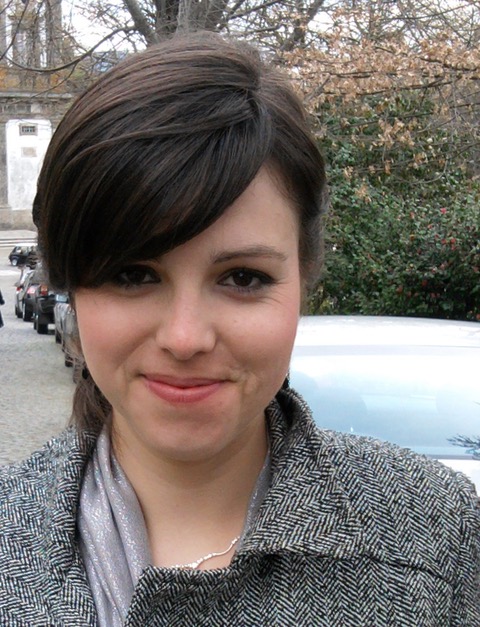
Sílvia Silva is a researcher at Centre for Social Studies of the University of Coimbra and a member of the “Cities, Cultures and Architecture” research group at CES. She holds a degree in Sociology from the Faculty of Economics of University of Coimbra, institution where she obtained her master’s degree in Cities and Urban Cultures with the dissertation “A recepção dos públicos da cultura: uma abordagem sobre os modos de recepção dos públicos d’A Escola da Noite” [The reception of cultural audiences: an approach on the modes of reception of A Escola da Noite audiences]. She also has a Diploma of Doctoral Studies (frequency of PhD course in Sociology), with the defended/approved thesis project “Qualified Portuguese emigration: identity, expectations and mobility strategies of cultural and creative professionals”. She held several research activities, in cooperation with public and private entities. Her last project was CREATOUR – Creative Tourism Destination Development in Small Cities and Rural Areas, where she was the Research Manager, directly collaborating with the different research centers and the diverse entities from public and private sectors, culture, tourism and local development, involved in the project. Her main research interest issues are cities and urban cultures, cultural policies and practices; creative tourism; skilled mobilities; and higher education.
Link to online CV:https://www.ces.uc.pt/en/ces/pessoas/investigadoras-es-juniores/silvia-silva
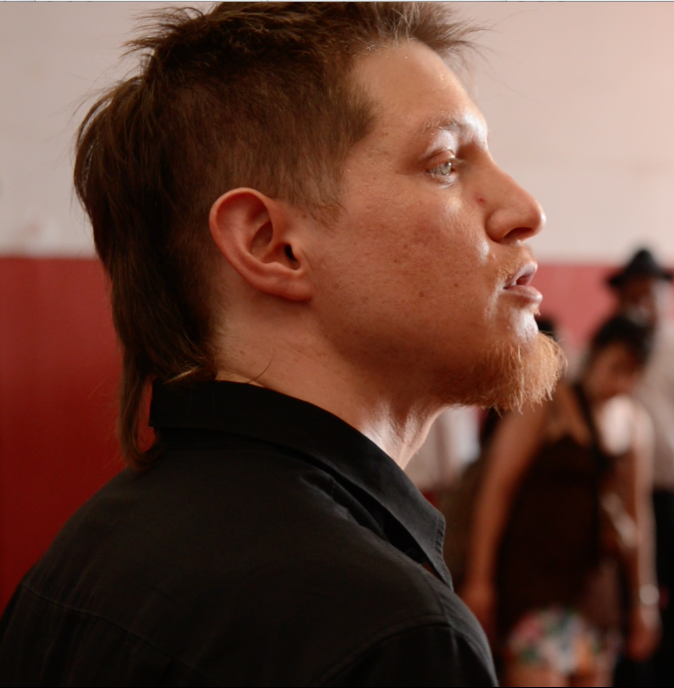
Sebastián Zúñiga Gougain is a sociologist, musicologist and musician currently working as a researcher at Centre for Social Studies of the University of Coimbra. He holds a degree in Sociology from the Faculty of Economics of the University of Coimbra and a master degree in Musicology from the Faculty of Arts of the University of Chile. During his PhD sociological research at University of Coimbra, he studied urban practices of indigenous music and dance (Santiago do Chile) as a social phenomenon of an approach – from the urban space to the cosmovisions of native peoples – which contributes to revalue different forms of aesthetic expression, cultural identity and political organization. He has teaching experience (as a music conductor, music history and artistic methodology professor) and researching experience (archival work at the project “Social musical practices during modernity expansion in Chile”) in higher education institutions such as Santiago University, University of Chile, Bolivarian University of Chile and Professional Institute Modern School of Music and Dance. He also holds postgraduate Diplomas in Sociology (University of Lisbon) and in Cultural Administration (Pontifical Catholic University of Chile).
Link to online CV: https://www.cienciavitae.pt//pt/FC1B-4A85-01F2

